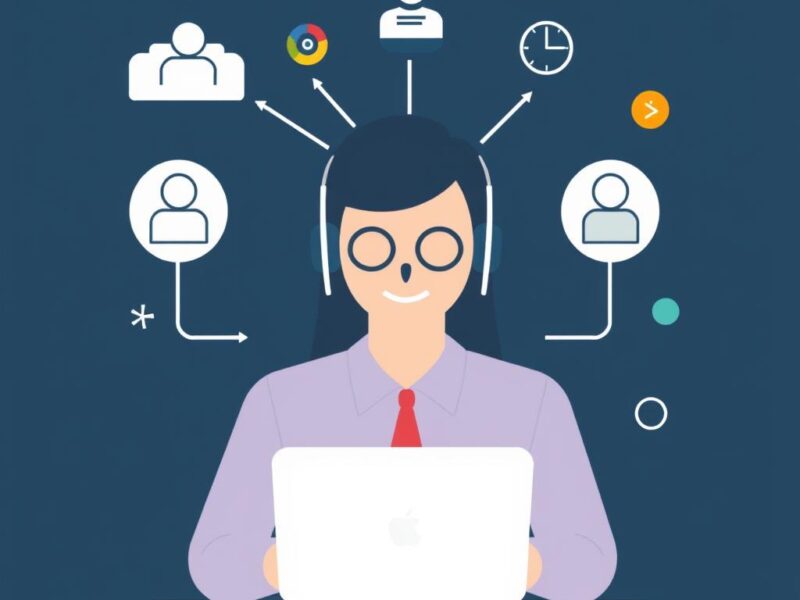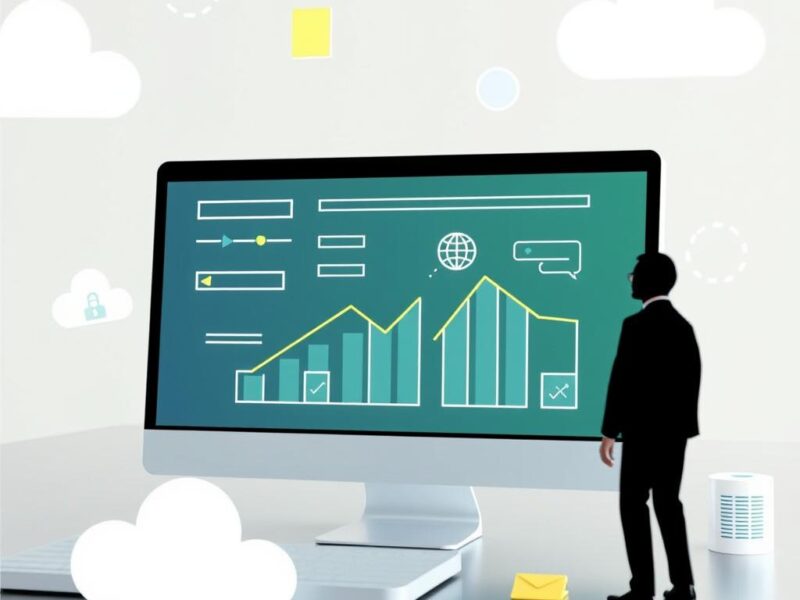Delivering exceptional customer experiences is critical for business success in 2025, and CRM software plays a pivotal role in achieving this goal. By centralizing customer data and streamlining interactions, modern CRM tools help businesses build stronger relationships, anticipate needs, and exceed expectations. Here’s how CRM software enhances customer experience in today’s digital era.
1. Centralized Customer Data
CRM software consolidates customer information into a single platform, making it easy to access contact details, purchase history, communication logs, and preferences. This centralized data enables teams to provide personalized and consistent service, regardless of the touchpoint.
2. Personalization at Scale
Personalization is no longer optional; customers expect tailored experiences. CRMs use data and AI to segment audiences, recommend products, and send targeted communications that resonate with individual needs.
3. Faster Response Times
With CRM tools, businesses can track and manage inquiries in real-time. Features like ticketing systems and automated workflows ensure quick responses, reducing customer wait times and improving satisfaction.
4. Omnichannel Support
Modern CRMs integrate communication channels, including email, social media, live chat, and phone. This omnichannel approach allows businesses to engage customers wherever they prefer, providing a seamless experience across platforms.
5. Proactive Customer Engagement
CRM software with predictive analytics helps businesses anticipate customer needs and take proactive measures. For instance, identifying when a customer may require support or when they are likely to make a purchase enables timely and relevant engagement.
6. Improved Loyalty and Retention
CRMs help track customer interactions and identify patterns that indicate dissatisfaction or churn risks. By addressing these issues early, businesses can build stronger loyalty and improve retention rates.
7. Streamlined Feedback Management
CRMs simplify the process of collecting and analyzing customer feedback. This allows businesses to act on insights, resolve issues quickly, and continuously improve their products and services.
8. Self-Service Options
Many CRM platforms include customer self-service portals where users can find answers, track orders, or submit support tickets. These features empower customers and enhance their overall experience.
9. Enhanced Collaboration Across Teams
CRM tools ensure that sales, marketing, and customer service teams work together seamlessly by sharing access to customer data. This collaboration results in a unified approach to customer interactions, avoiding miscommunication and ensuring better outcomes.
10. Building Long-Term Relationships
By leveraging the full capabilities of a CRM, businesses can maintain ongoing relationships with customers. Tools like automated follow-ups, loyalty programs, and regular updates help sustain engagement and trust over time.
CRM software in 2025 is more than a tool—it’s a strategic asset for businesses seeking to enhance customer experiences. By investing in the right CRM, companies can foster stronger relationships, improve satisfaction, and build a loyal customer base that drives long-term success.



